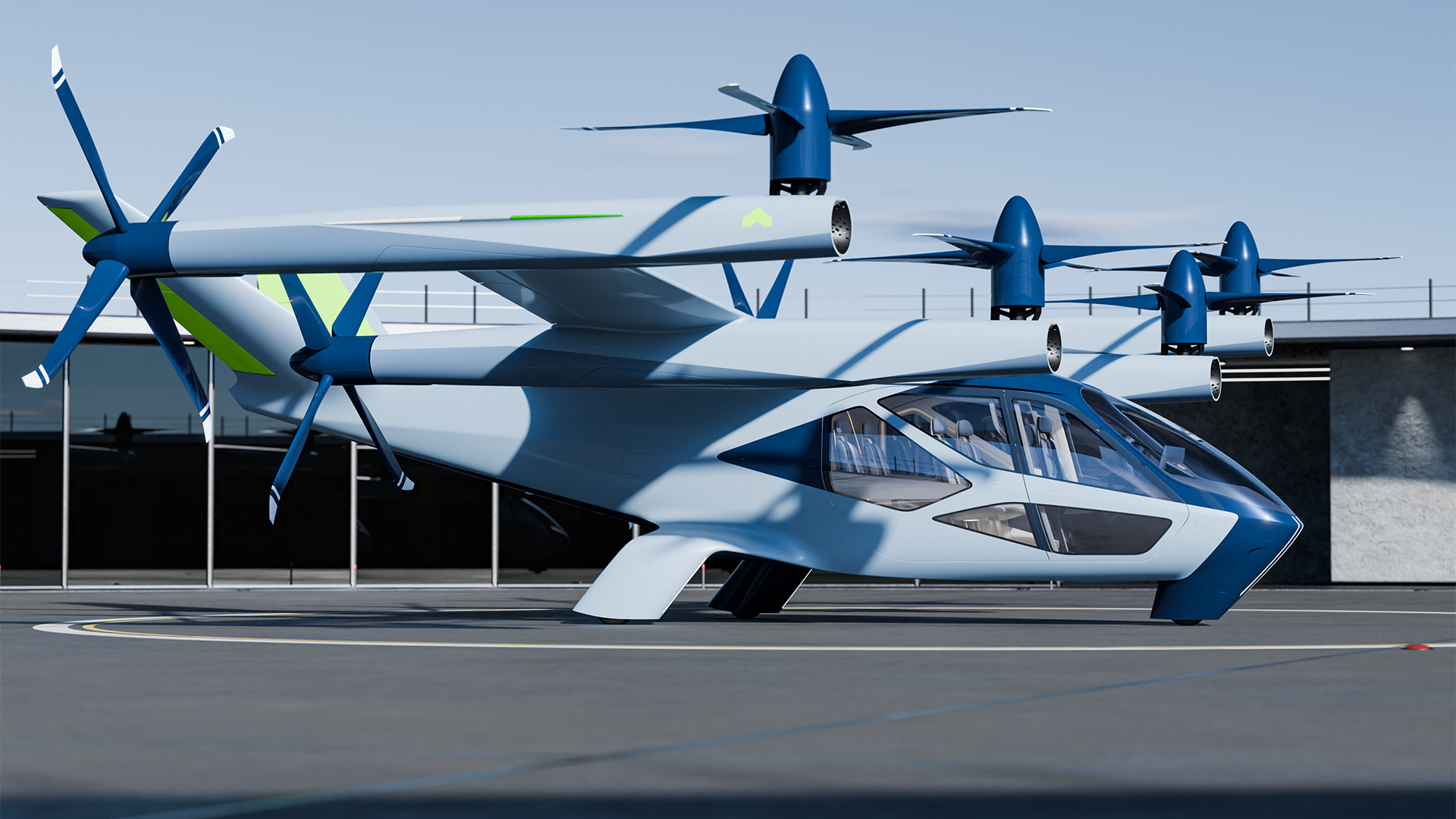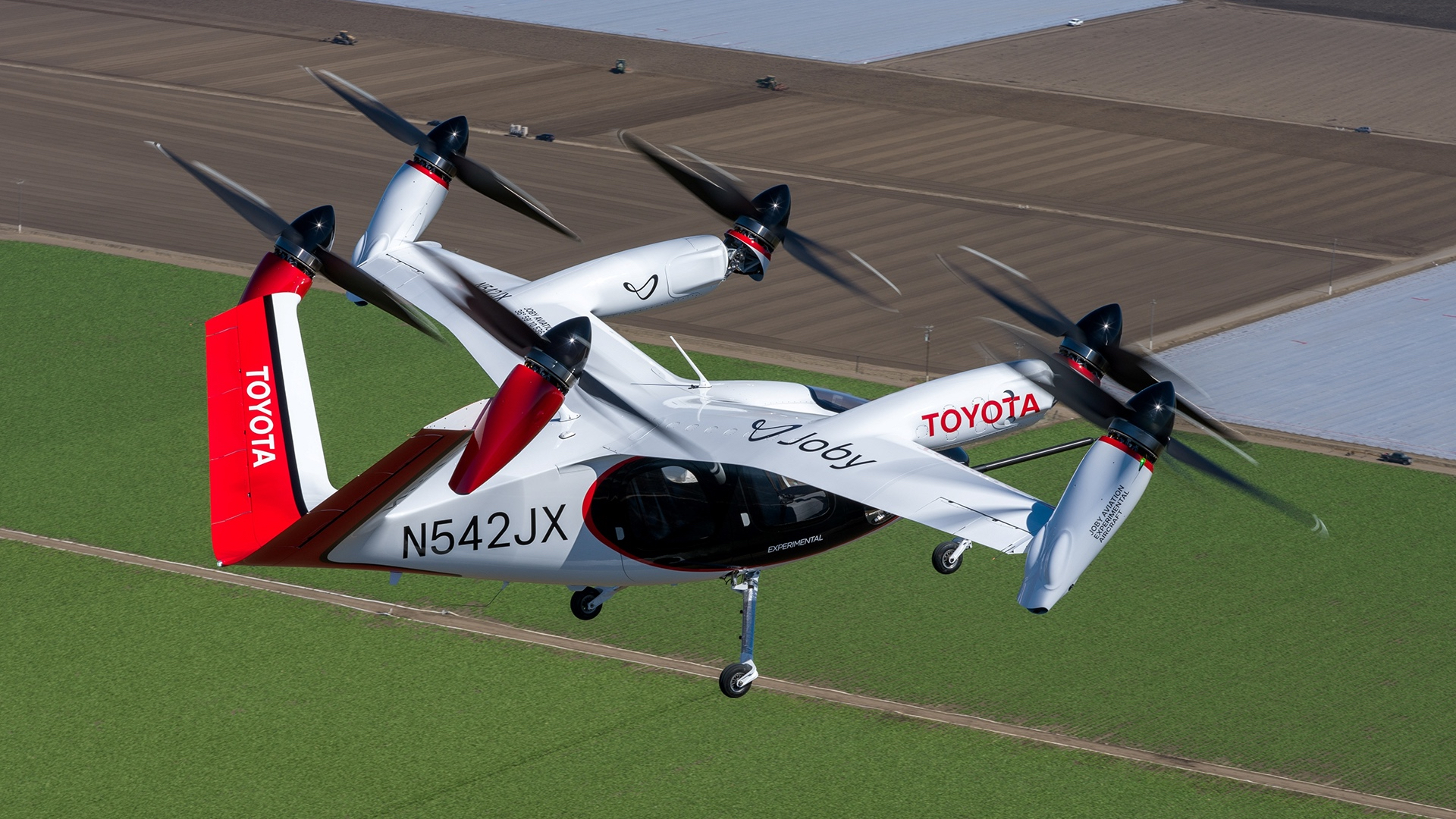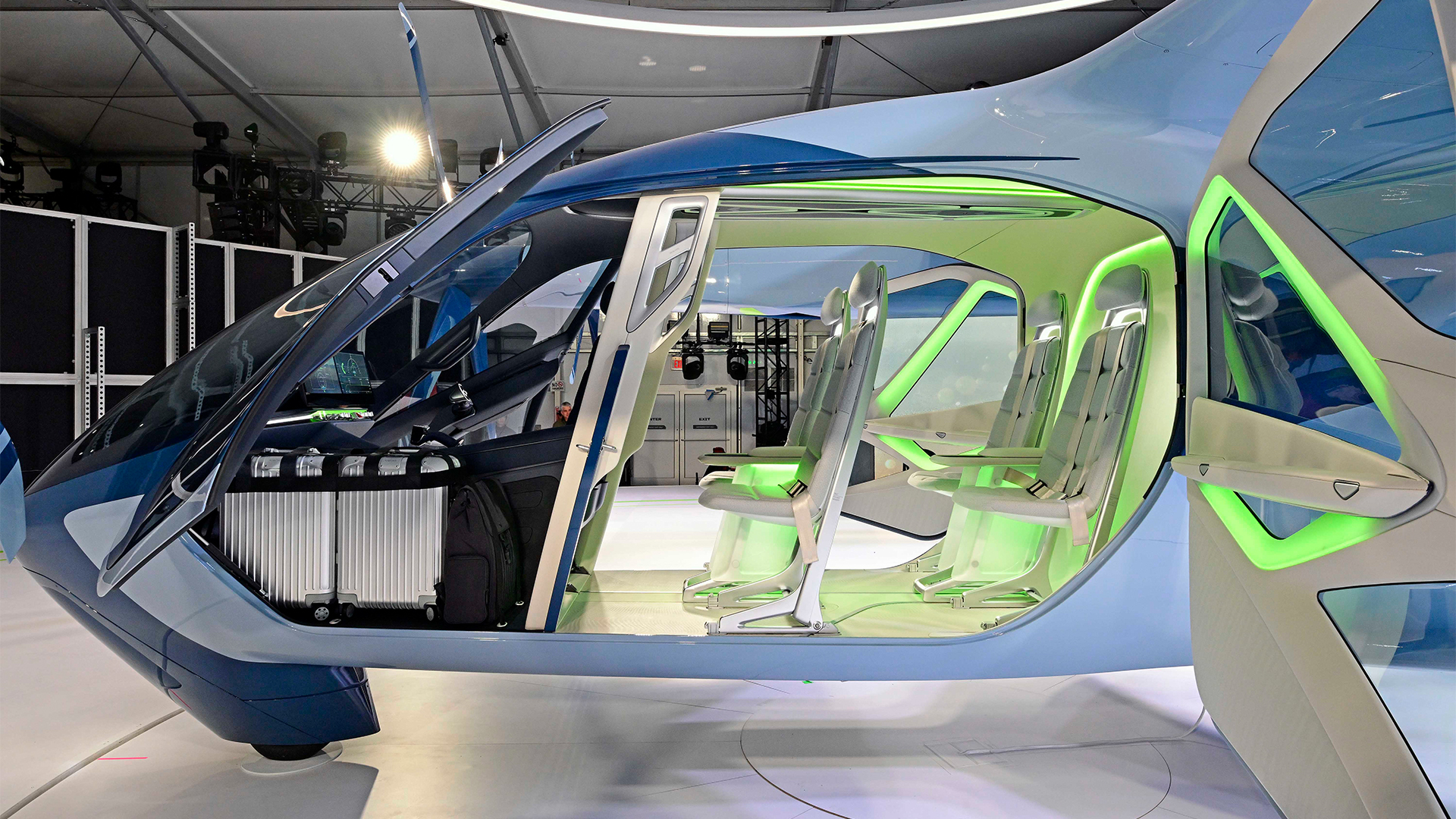Air taxis and eVTOL craft finally cleared for lift-off thanks to landmark regulation
Large passenger drones are gathering on the horizon

The Federal Aviation Administration (FAA), the government agency that regulates civil aviation in the United States, has published its final regulations that will facilitate the certification of ‘powered lift’ aircraft.
In a press release sent out by the FAA, it claims that the powered lift category is “the first completely new category of civil aircraft since helicopters were introduced in the 1940s”, paving the way for air taxis and futuristic cargo delivery solutions.
The final rule, which was issued earlier this week, forms a framework for the qualifications and training that instructors and pilots must have to fly this new-fangled type of aircraft, but it will also help speed up the certification of new models.
In essence, the powered lift category describes the numerous electric vertical take-off and landing (eVTOL) craft that have been hogging the news agenda over recent years, with the likes of Hyundai-owned Supernal and Joby Aviation all seemingly ready to unleash the air taxi of the future.

The concept craft, which are often powered by battery packs and electric motors, feature tilting rotors that allow it to take-off and land on a vertical plane, then titling to allow forward or backward propulsion.
Many of those burgeoning start-ups dabbling in eVTOL concepts have been frustrated at the FAA’s proposal to create an all-new category of aircraft, claiming that it would slow down progress. But the FAA has continued to claim it wanted to “to prioritize the safety of our system”, rather than rush into things.
This new certification, which combines existing regulations and updates others, effectively allows air taxis to be used commercially. The FAA has even gone so far as to produce a blueprint for how Urban Air Mobility vehicles will operate in the near future. It is heavy-going, but fascinating nonetheless.
Get daily insight, inspiration and deals in your inbox
Sign up for breaking news, reviews, opinion, top tech deals, and more.
Analysis: the future of air travel is here

Some industry analysts are predicting that the air taxi market is predicted to grow to $80.3bn from the $4.9bn that it was worth last year, while research suggests that there are currently 1,044 vertiports (sites where air taxis will operate from) planned for development between now and 2028.
Even notorious stickler-for-the-rules, the UK, has planning permission for its first vertiport in Bicester, Oxfordshire, while Dubai has apparently gone all in on the technology, claiming it will have an air taxi in operation by the end of next year.
Those in the Advanced Air Mobility (AAM) game say that the eVTOL craft has the ability to reduce congestion and allow those in a rush to speed across cities in comfort. Hyundai’s Supernal SA-2 electric aircraft, for example, will cruise at speeds of up to 120mph at an altitude of around 1,500ft, much lower than commercial helicopters and aircraft.
During conversations with Supernal’s CEO and ex-NASA man Jaiwon Shin, it has been suggested that its offering could operate like a ride-hailing business, effectively taking some of Uber’s most premium offerings to the skies.
More recently, Joby Aviation received a further $500 million cash injection from Toyota in a bid to speed up the certification process and nail down a method of mass producing these large aircraft.
By announcing its final regulations in the US, the FAA has not only made it easier for companies to achieve the certification required to put eVTOL craft into service, but it will also drastically speed up the training of pilots.
The FAA has adapted the rules so it can apply helicopter operating requirements to some phases of flight, effectively negating the need for further training, as well as allowing pilots to train in powered-lift with a single set of flight controls – legacy rules require two flight controls – one for the student and one for the instructor.
You might also like
- Toyota invests another $500 million in an electric air taxi company as it soars toward the future of air mobility
- Inside Hyundai’s new sci-fi smart factory – where you can order a car with your smartphone and drive it away in hours
- Rivian just gave its EVs a KITT from Knight Rider makeover with this spooky software update

Leon has been navigating a world where automotive and tech collide for almost 20 years, reporting on everything from in-car entertainment to robotised manufacturing plants. Currently, EVs are the focus of his attentions, but give it a few years and it will be electric vertical take-off and landing craft. Outside of work hours, he can be found tinkering with distinctly analogue motorcycles, because electric motors are no replacement for an old Honda inline four.